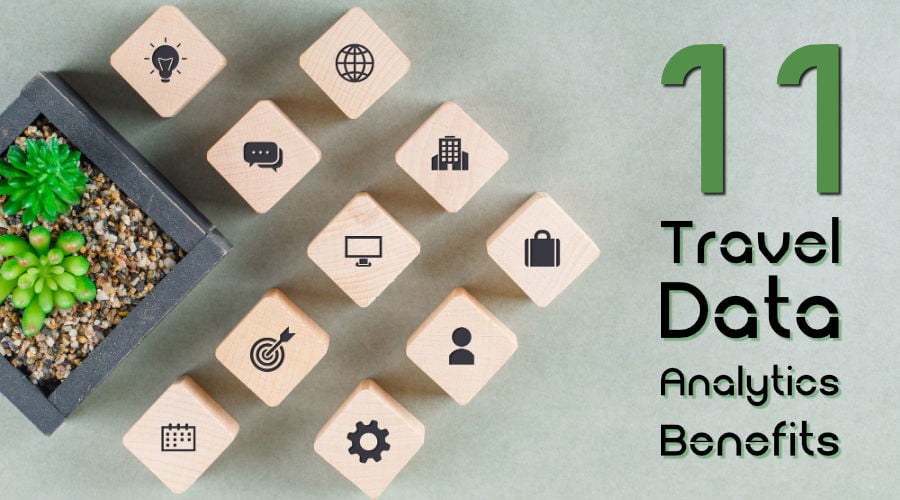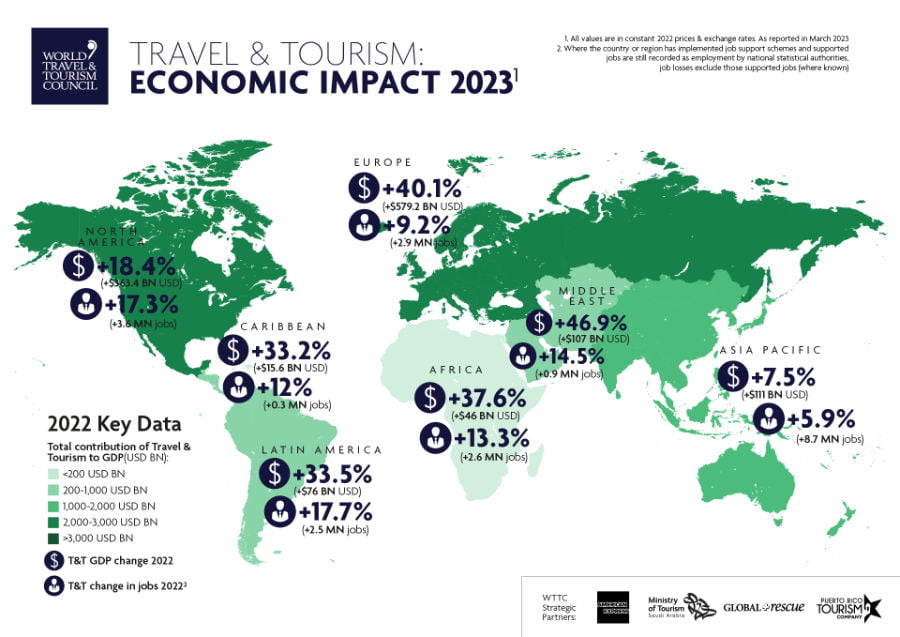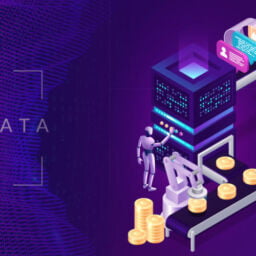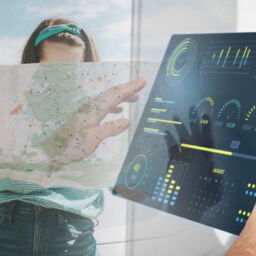
Travel data analytics is a strategic asset for any business, including travel. Gartner’s prediction confirms this. According to the research firm, 65% of B2B sales organisations will use data to make decisions by 2026.
You can leverage this data by analysing it through data analysts and dedicated software. But you need data sets first. Web scraping is the most affordable and fastest way to extract travel data.
Let’s discover why you need web scraping for this activity and the 11 top benefits of travel data analytics.
What’s Web Scraping for Data Analytics
Web scraping for data analytics is a powerful and versatile technique to automatically extract structured and unstructured data from websites and online sources and use it to generate insights and analysis.
As a business, researcher, or data professional, you can then process, clean, and analyse such data to uncover valuable patterns, trends, and information.
Are you gathering market intelligence, tracking online sentiment, monitoring competitors, or aggregating data for research?
A scalable big-data web scraping tool can help you unlock travel information available online and transform it into actionable knowledge for data-driven decision-making.
Travel Data Analytics Definition
Travel data analytics refers to the systematic process of collecting, processing, and analysing data related to various aspects of the travel industry. This includes data from airlines, hotels, travel agencies, online booking platforms, tourism boards, etc.
The primary goal of travel data analytics is to derive meaningful insights and patterns from this data to improve decision-making, enhance customer experiences, optimise operations, and drive innovation within the travel sector.
Travel data analytics encompasses many applications, such as forecasting demand for specific destinations, optimising pricing strategies, improving marketing campaigns, enhancing customer service, and identifying emerging travel trends.
It uses data science, statistics, machine learning, and visualisation techniques to transform raw travel data into actionable intelligence.
Ultimately, travel data analytics enables your travel business and organisation to make choices without guesswork, beat your competitors, and offer travellers what they are looking for (so that you turn your leads into buying customers).
Travel Data Analytics Benefits
..and why you should go into data analytics in the travel industry.
Travel data analytics can offer these 11 benefits to various stakeholders within the travel industry, including travel companies, travellers (your customers), and the broader economy.

1. Improved Decision-making
After analysing historical and real-time data, you can define the best pricing strategy and run effective marketing campaigns. You can also improve inventory management and resource allocation for better business outcomes.
2. Enhanced Customer Experiences
Do you dream of making your customers satisfied and loyal? Your key to success is personalisation. Travel data analytics helps you understand customer preferences and tailor your services and offers.
3. Optimised Pricing and Revenue Management
Analytics helps in dynamic pricing, thanks to which you can automatically adjust rates in real-time based on demand, occupancy, and other factors. This leads to maximum revenue and profit margins.
4. Efficient Operations
Are you wondering how you can streamline travel operations, reduce costs, and enhance service delivery? You can, for example, use data analytics to identify bottlenecks and inefficiencies in various travel processes, from airport operations to hotel check-ins.
5. Demand Forecasting
Many companies worldwide exploit travel analytics for accurate demand forecasting. This point is particularly noteworthy for airlines and hotels, for which resource allocation and planning are crucial for delivering an efficient and profitable service.
6. Competitive Advantage
This point can be a consequence of the previous ones. If you ask travel companies what they achieved through data analytics, they would reply they can now spot market trends before their competitors, understand how their customers behave, and realise when market conditions change so that they can respond quickly.
7. Marketing Effectiveness
More than ever before, we now need to avoid wasting effort, time, and money. This is also true when you try to discover the most effective marketing strategies and channels for your travel company. One of the most powerful ways is metrics tracking through performance data analytics.
8. Destination Management
Tourism boards and local authorities can use analytics to understand visitor trends, assess the impact of tourism on local economies and ecosystems, and plan sustainable development strategies.
9. Research and Innovation
Is travel data analytics helpful only for local authorities? Definitely not! Data analytics is academics and researchers’ best friend when they study tourism trends and travel behaviour to develop innovative travel solutions, whether you offer apps, vehicles or other transportation and hospitality services.
10. Risk Mitigation, Safety & Security Improvement
When you think about travel and tourism, some of the first questions coming to your mind are: “Will my holiday be safe? Can I risk missing the flight or train due to accidents or other factors?”
What does it mean for your travel company? It means you need to develop contingency plans and minimise disruptions. In this scenario of uncertainties, only travel data analytics can help you identify and predict potential risks and challenges, such as weather-related disruptions or geopolitical events.
You can also analyse travel data to ensure the well-being of travellers through enhanced monitoring, safety and security measures in transportation and hospitality.
11. Economic Growth
This point can be obvious, but it’s worth citing for completeness. It’s well known the travel industry is a significant contributor to the global economy.

When you use travel data analytics effectively, you can optimise tourism-related activities and infrastructure (as explained in the previous points). Economic growth is a natural consequence.
Of course, for successful travel data analytics, you need a suitable system (like a universal data service platform) to find, gather, and manage hospitality, tourism, and transportation data, create proper travel data sets and databases, and knowing how to use and analyse these data automatically.
Coming next:

When to use travel data analytics…with usage examples

Best travel data types to collect…and how to automate travel data analytics

Stay ahead: subscribe to our newsletter
Disclaimer: Always respect user privacy and copyright, follow ethical data scraping practices, and abide by the terms and conditions of the websites or platforms you’re scraping data from, as unauthorised data extraction may lead to legal or privacy issues. Therefore, ensure that your data collection and analysis methods are compliant. Furthermore, data can be noisy, unstructured, and constantly changing. Therefore, use a tool or service that can handle the volume and variety of data from multiple web sources.
This article is for information purposes only and not intended as legal advice. Consult a lawyer for complete knowledge of the local and international laws.
Featured images by pvproductions and Freepik

















[…] By Denis Giuffrè – WebRobot Marketing Big Data Data Analytics Technology Travel and […]